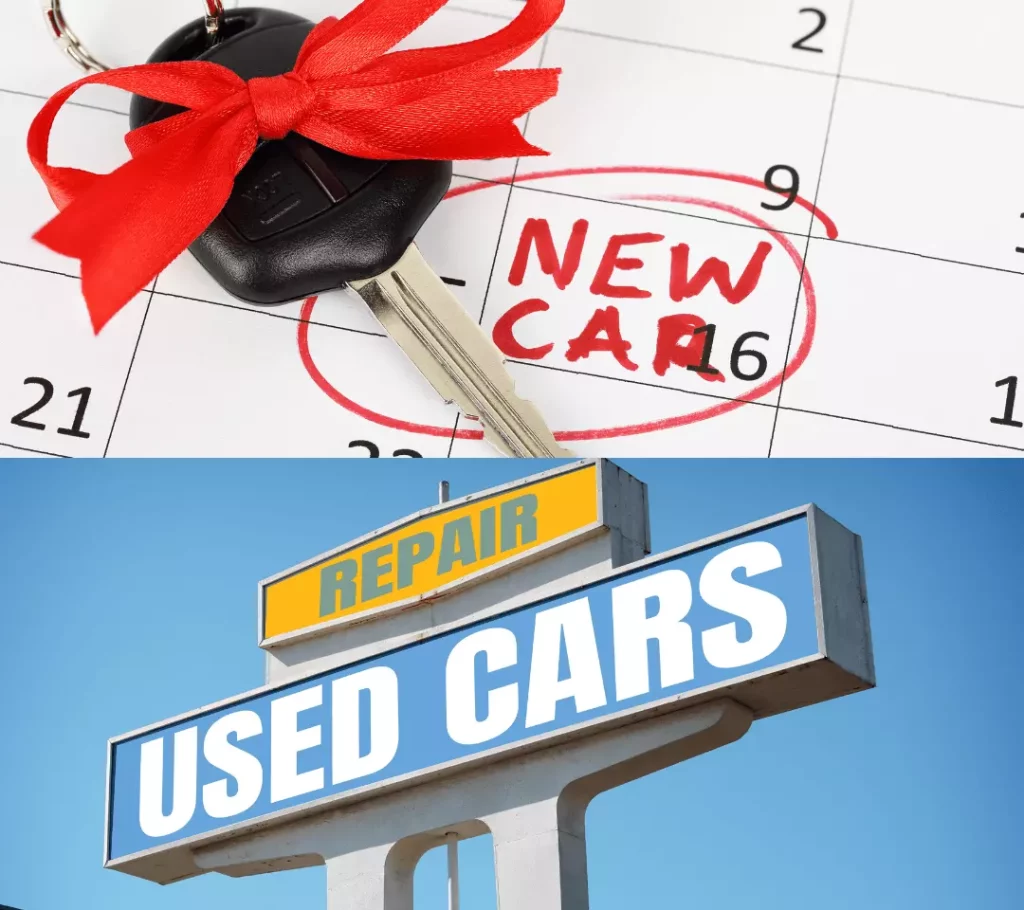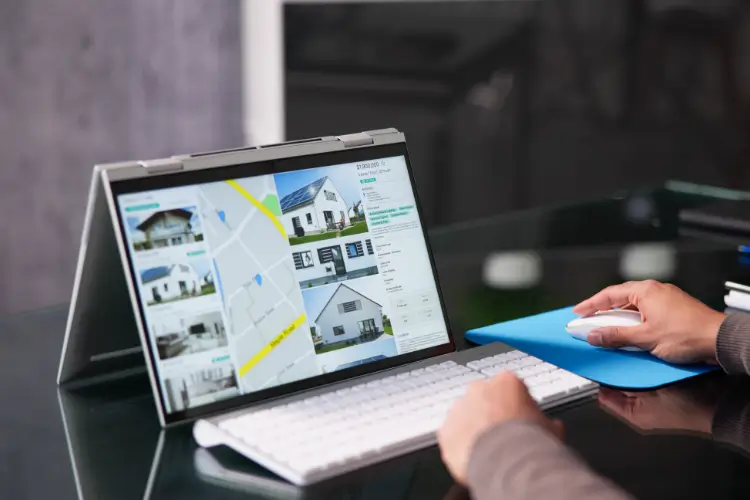With the costs of pre-owned cars increasing steadily, many car owners are left debating if it’s worth investing in fixing their current ride or if they should take the leap and buy a new or secondhand vehicle. Here, we investigate the financial realities of repairing versus splurging for a new or already owned automobile.
The Cost of Fixing
Fixing a car can be costly. Not only for purchasing the necessary parts and potentially any unique tools but also in terms of time and effort. It is essential to weigh the pros and cons of repair versus buying new before acting. This decision should consider both the age and type of vehicle, as an aging rust bucket may call for cheaper repairs than a luxury automobile worth restoring.Ultimately, everyone will make the best judgment that meets their financial requirements and personal lifestyle. Ultimately, everyone will make the best judgment that meets their financial requirements and personal lifestyle. Tools like a novated lease vs buying outright calculator can help clarify the financial impact of buying a car outright versus leasing, helping you make an informed decision. There is no right or wrong answer when it comes to this decision.
The Cost of Buying
When getting a car, you have two options – buy or build. Let us consider the expense of buying! All too often, it is more costly than crafting an aged vehicle. You could purchase a pre-owned automobile that doesn’t need much work completed on it, but new cars are generally pricier. Therefore, if your budget is limited and you’d prefer not to strain yourself financially, you should opt for the assembler’s selection.
When you update a new car, additional fees like levies and charges can be added. And some showrooms provide warranties protecting the repairs, which could save you quite a bit over time. These costs may add up in haste, so it’s wise to consider and earmark sufficient funds before signing any pacts.
Investing in a motor vehicle is more than just the dough you spend initially. You must also contemplate extra payments and energy savings, which add up quickly with time.
Although pre-owned cars may not have all the bells and whistles as their new counterparts, they can last much longer when treated with respect! Hence, it is wise to factor in these elements before making decisions.
Bottom Line
The choice between fixing or buying a new car comes down to cost. Weighing your finances carefully and thoughtfully will point you in the right direction. Getting a used car or fixing up your old ride is more economical. However, purchasing a newer model could be more beneficial if the issue is exceptionally complex and, thus, pricey. On the flip side, more minor issues like brake replacements or battery swaps are likely much cheaper than acquiring an entirely new car.
No matter which route you take, there will inevitably be plusses and minuses to consider – remember that how you make this economical choice is of utmost importance.
Conclusion
Drawing to a close, it is evident that the rising cost of used cars has become a significant point of concern. That being said, repair and maintenance can be far more effective in price, making it the most sensible option today. So, instead of getting a new car spruce up your old one at auto body shops St George to make it look its best. Therefore, as we face this ever-growing dilemma, let us keep this advice in mind: opt for repair instead of considering purchasing another car when possible.




